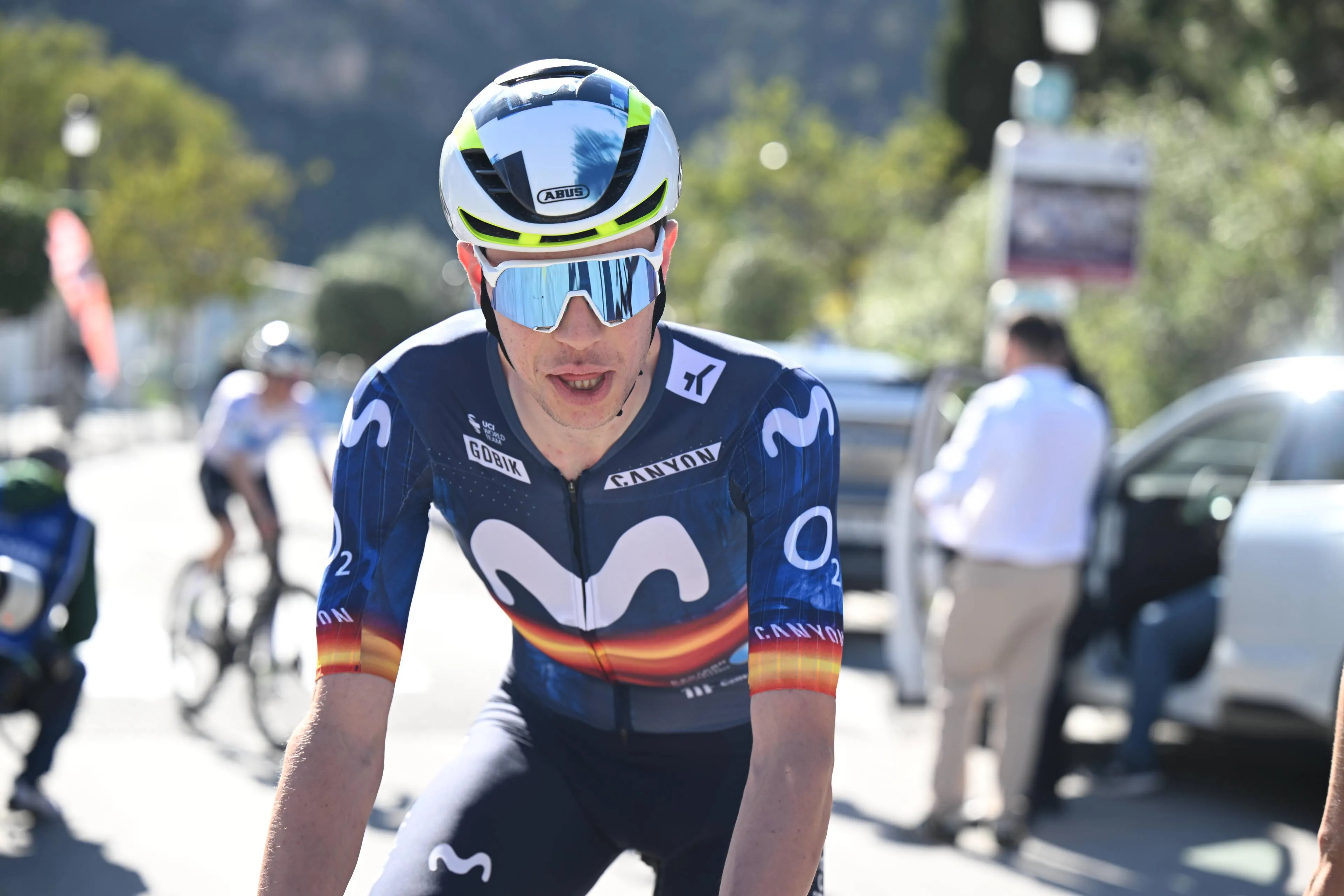What road racers and everyday cyclists should know about concussion and compensation
CyclingThursday, 20 July 2023 at 14:00

With at least 21 Tour de France riders now out of the race following a growing list of crashes - some the result of a fan taking a selfie at stage 15 - cycling advocate and injury specialist Mark Hambleton shares overlooked signs of concussion that road bike racers and everyday riders need to be aware of, and the impact of helmet-wearing on making an injury claim.
- Daniel Martinez was allowed to continue a stage earlier in the Tour after showing signs of concussion.
- In an earlier Tour de France, Romain Bardet crashed and continued racing for 90km before being diagnosed with a bleed on the brain.
- British Cycling published its first concussion guidance earlier this year, and this is the first year where the organisation has formalised rules giving it the right to withdraw riders from events if they are a safety risk.
- Helmet wearing only became mandatory at all stages of the Tour de France in 2005.
Read also
Hambleton is a partner at road injury law firm RWK Goodman, and specialises in representing cyclists as well as other vulnerable road users.
“There does not have to be a loss of consciousness suffered [in a road accident] for there to be a brain injury. In fact, only 10% of reported mild brain injuries involve a loss of consciousness.” Hambleton says. He has further commented on the subject.
“Symptoms of a mild traumatic brain injury include headaches, confusion, dizziness and memory problems, whereas more severe injuries lead to loss of consciousness and difficulty with speech and movement.”
Read also
Charlotte Webb, Senior Associate at RWK Goodman, adds “Mental fatigue is a very common symptom after brain injury. It is common to find simple tasks tiring to complete because greater concentration is needed. Many people report personality changes, feeling like a ‘new person’ after their injury. Someone with a brain injury [such as a concussion] may appear to be rude or insensitive, but it is the brain injury that has stopped them having the filter that the rest of us have.”
Hambleton notes that while cycling event organizers often mandate helmet-wearing to ensure their insurance cover is not compromised, cyclists who don’t wear helmets at other times may lose up to one-quarter of their compensation if they are injured in an accident. While most of us don’t need to worry about selfie-taking fans knocking us off our bicycles, Judges have previously found that cyclists who choose not to wear helmets are partially at ‘fault’ for the extent of any injuries following a crash.
Read also
“There are various lobbies for and against wearing helmets and at present, cyclists are free to choose because the benefits of wearing a helmet have not been proven. However, they need to be aware that the judiciary believes cyclists should wear helmets so those who decide not to are taking a chance with their damages if they are injured.” Hambleton says.
This article has been written by Tabby Farrar.
Read also
claps 0visitors 0
Just in
Popular news
Latest comments
- Minor flaws.... thats like suggesting Genghis Khan was a bit aggressive with other countriesslappers6619-02-2026
- Then you carry on if that's what makes you happyslappers6619-02-2026
- Fabio cannot catch a break.mij19-02-2026
- OK, today is the "air conditioner"... yesterday was a cramp... on saturday a bee will sting him in his tongue... his tongue will swell up and mustafa gets no oxygen. Because of his swollen tongue, Remco won't be able to give us a new excuse. Remco and the spanish rat Ayuso should be on the same team. They both have a ton of excuses and both of them are liars. Ad acta.Mou-Cro-HR19-02-2026
- Florian Lipowitz is secretly happy
 Rafionain-Glas19-02-2026
Rafionain-Glas19-02-2026 - The crucial thing to remember is that Remco was broken by the pace of Gall and Tiberi, not Del Toro's. Remco's excessive antics are because he doesn't want anyone to think that he's 'genuinely' struggling. You can always say 'he got cramps' because 'his preparation didn't go to plan', but the thing is that there is a limit to the number of excuses and exceptions that there can be. Eventually everyone just accepts that he's reached his ceiling on the climbs.
 Rafionain-Glas19-02-2026
Rafionain-Glas19-02-2026 - Bahraini suspicious..Santiago19-02-2026
- The problem is, a British 'boss' opening the gates, when the native workers not wanting them!
 leedorney19-02-2026
leedorney19-02-2026 - Who is overrating him on climbs? Everyone knows since ages it’s his weakness and needed years of work. Question us if he can do enough about it. For sure he won’t be able to improve his TT enough to compensate.Mistermaumau19-02-2026
- What do you call only seeing someone’s positives?Mistermaumau19-02-2026
Loading
Write a comment











